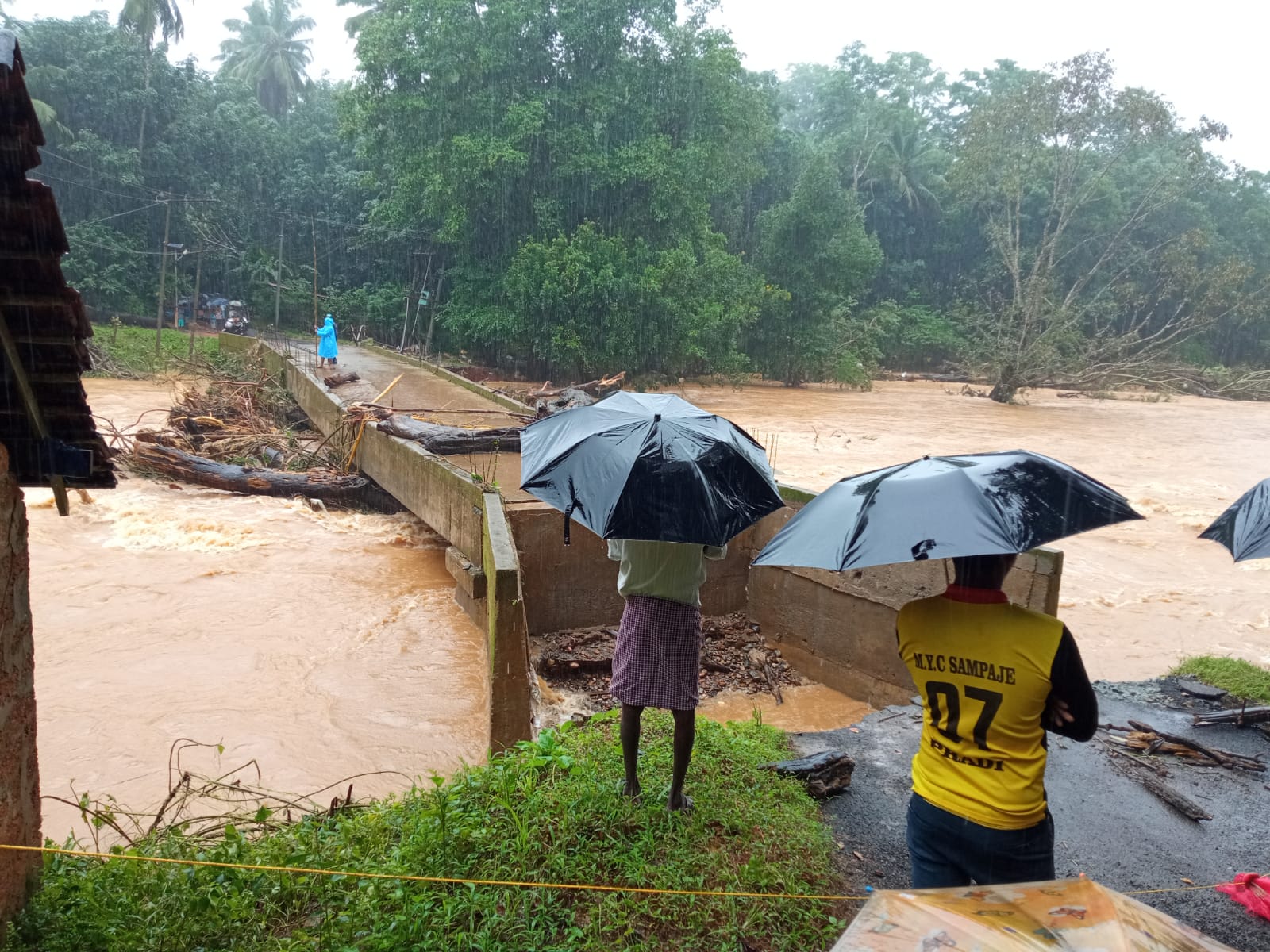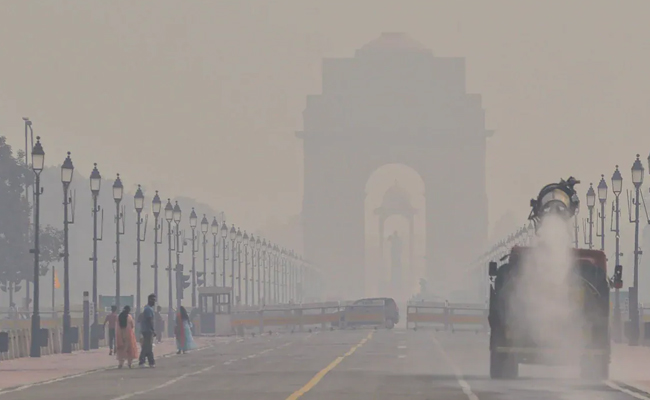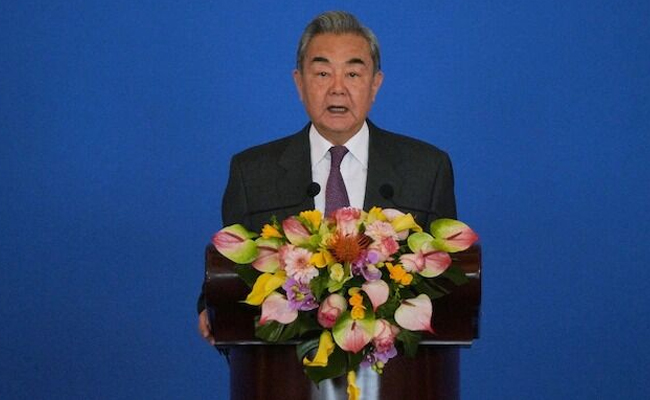Bengaluru, Aug 8: As many rivers in Karnataka are in spate, the state government on Monday said it has taken several humanitarian measures including improved relief camps, and proper compensation to those who lost their near and dear ones, properties, livestock and crops in the floods.
According to Karnataka Revenue Minister R Ashoka, 161 villages in 14 districts are badly hit by the heavy rains and floods affecting 21,727 people.
Ever since the onset of monsoon, 73 people lost their lives, which comprises 15 deaths due to lightning, five due to tree collapse, 19 due to house collapse, 24 swept away in rivers, nine due to landslide and one due to electrocution, the minister said during a press conference here.
As many as 8,197 people were shifted to safety, Ashoka said adding, 75 relief camps have been opened where 7,386 people have taken shelter.
The minister said 666 houses have been completely damaged while 2,949 were severely damaged and 17,750 houses partially damaged.
Agriculture crops covering 1,29,087 hectares and horticulture crops across 7,942 hectares were damaged, Ashoka explained.
He also said the rains this year damaged 11,768 km of road, 1,152 bridges and culverts, 122 primary health centres, 2,249 anganwadi centres and 95 irrigation lakes.
"We have directed the deputy commissioners to intensify the relief work. The districts have a fund of Rs 857 crore," Ashoka said.
The minister said Rs 5 lakh is given as compensation to the next of kin of those relatives who lost their lives in floods, including Rs 4 lakh from the National Disaster Relief Fund.
Those who lost their houses completely will get Rs 5 lakh whereas for severely and partially damaged house, the government gives Rs 3 lakh and Rs 50,000 as compensation.
He also said the state government has improved the relief camps by giving food kits, which comprises 10 kg rice, one kg pulses, one kg sugar, one kg salt, chilli powder, one litre oil, and other essential spices.
Let the Truth be known. If you read VB and like VB, please be a VB Supporter and Help us deliver the Truth to one and all.
New Delhi (PTI): At least 148 flights were cancelled and over 150 flights were delayed at the Delhi airport on Wednesday due to dense fog and low visibility conditions.
Two flights were diverted at the national capital's Indira Gandhi International Airport (IGIA), which is operated by the Delhi International Airport Ltd (DIAL).
An official said 78 arrivals and 70 departures were cancelled at the airport.
In a post on X in the morning, DIAL said visibility at the airport is improving but a few flights may still be affected.
The airport's on-ground officials are working closely with all stakeholders to assist passengers and provide necessary support across terminals, it added.
The civil aviation ministry in a post on X said prevailing fog conditions in parts of Northern India may impact flight operations at select airports.
"Airlines have been instructed to strictly adhere to passenger service norms, including timely information, assistance during delays, rebooking or refunds where applicable, and baggage facilitation," it said.
IGIA handles around 1,300 flight movements daily.





